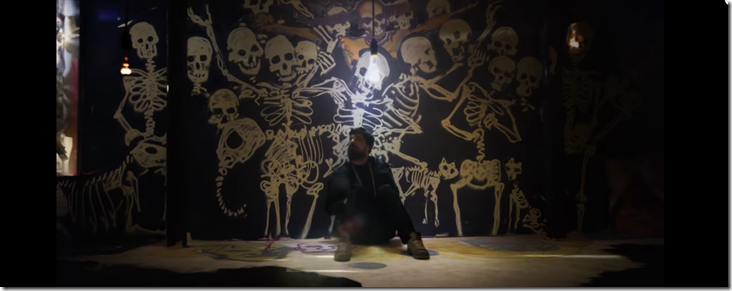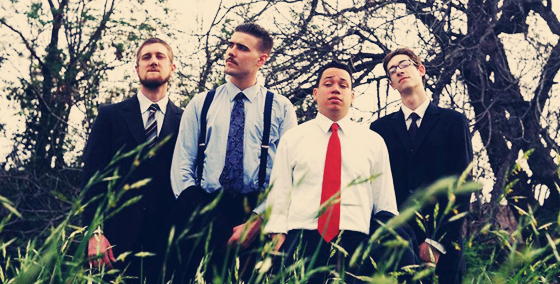



That production leans heavily on guitar, giving the record a rock-tinged sound that provides a prickly urgency when paired with lively drums. “I was chugging along making demos,” Bavitz says, “and at some point, I was like, ‘I kind of have most of this done.’” He planned to make demo beats that longtime collaborator Blockhead would fill out, but because Blockhead now lives on the opposite side of the country, a new game plan was drawn up. There’s no one rapping here except Aesop, and the most prominent guest isn’t a hip-hop artist but anti-folk icon Kimya Dawson.Įven more notably, Bavitz handled all production duties for Skelethon. “Grace” is more straightforward, a darkly funny story of a young Aesop Rock being berated by his father for not eating his green beans (“He’s pouting in the kitchen and terrified of a plant”), backed by an insistently catchy guitar riff. Single “Zero Dark Thirty” rides a buzzing beat as Aesop spews generous quantities of rhymes (“Are we supporting the artist or enabling the addict? I mean / I guess it matters to me, I wish it mattered to you, how a thousand virtues / kick the same bucket like Chinatown turtles”). “I realize I’m old and weird.” For fans, though, there’s much to appreciate. “The older I get, the less I care about what’s cool,” he says. Those who are predisposed not to appreciate Aesop Rock’s raspy, drawling flow or dizzyingly unorthodox lyrics should be warned - Aesop isn’t changing. ”I had dark subject matter - match that with music that’s not the same vibe and you create a new vibe.” “I wanted to create something surreal,” Bavitz says. (References to Camu pepper the record: see “Here’s how the great escape goes / when you can’t take your dead friend’s name out your phone” off “Cycles to Gehenna.”) Yet these heavy lyrical themes of death, unhappiness, and isolation are delivered with infectious energy. The result, Skelethon, is an album that merges the tragedy of Bavitz’s misfortune with the strangeness of their “comedically regular” frequency. “I guess I tried to harness that into the music somehow to stay sane.”

“All this shit dying around me, whether it be the label, my friend, friendships that I’ve had, family relationships, things one after another,” Bavitz says. His best friend, rapper Camu Tao, died of lung cancer in 2008, and Def Jux’s collapse followed two years later, leaving Aesop without a label for the first time in a decade. The five years since Aesop Rock’s last solo record, None Shall Pass, have not been kind to him. He returned this past July on Rhymesayers with Skelethon. Case in point: one of the biggest selling points of a 2005 EP was a fat book of his collected lyrics. Don’t expect to understand everything he says on first listen (or tenth), a fact that’s earned him both praise and contempt. Rapper Aesop Rock (born Ian Bavitz), a veteran of now-defunct label Definitive Jux, doesn’t aim so low, shoving allusions, metaphors, and symbols into a motley band of verbosity that’s unmatched in hip hop. Rap, understandably, always has placed an emphasis on lyrics, but most rappers are content to find the cleverest way to proclaim their sexual prowess and/or ability to rap well and call it a day. Aesop Rock: Skelethon ( Rhymesayers, 7/10/12)


 0 kommentar(er)
0 kommentar(er)
